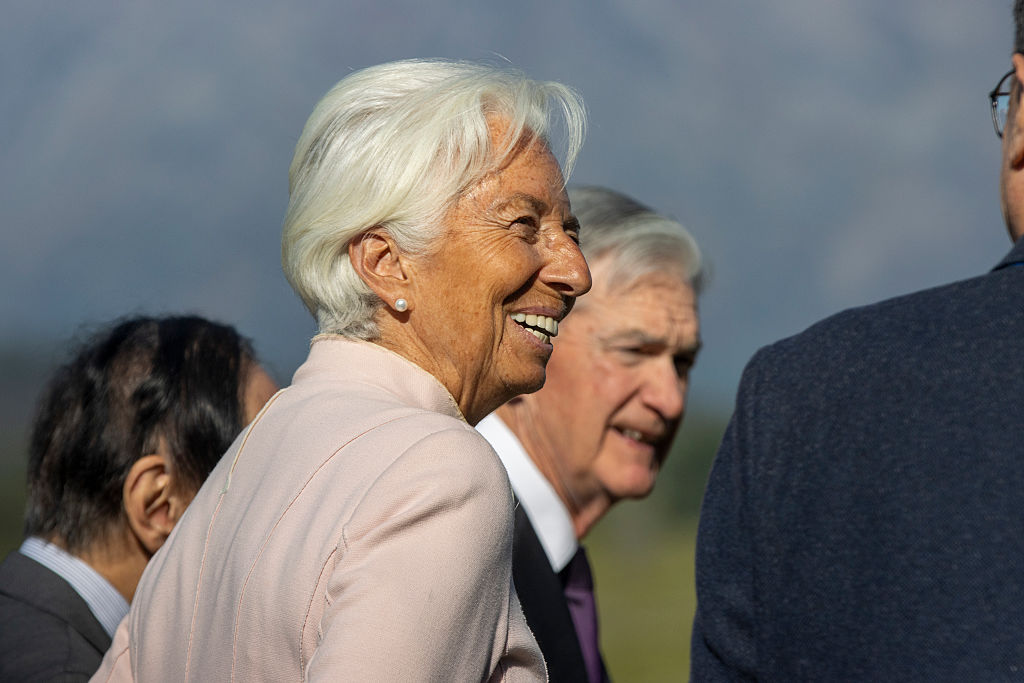We have sounded this alarm before, but things are getting worse. So, prior to the details, a couple of general questions: Who is an antiterrorist law, passed by an authoritarian government, most likely to target? Real terrorists, or dissidents and minorities? And, why would any liberal champion of the rule of law fund autocracies? Let us keep them in mind as we get into the latest news.
The new August 31 Anti-Terrorism Amendment Bill, signed by Pakistani President Asif Ali Zardari, is a despot’s dream. It allows three-month detentions on “reasonable suspicion” of “national security” threats, targeting journalists and minorities with vague terms like “concerns for inquiry”. Crucially, this is not an issue only affecting Pakistan.
As Pakistan’s Islamist-leaning government destabilises both the country and the region, people are fleeing to the West. As a result, Europe faces a migrant deluge. At the same time, the EU’s Generalised Scheme of Preferences Plus (GSP+) deal, pouring €8 billion yearly into Islamabad since 2014, practically rewards this chaos. So Brussels, in a nutshell, is funding our own invasion.
Meanwhile, unchecked extremists wreak havoc. The April 2025 Kashmir attack, killing 26 civilians, blamed on Pakistan-based the Resistance Front, sparked Indian strikes. Pakistan’s government, with the Islamist JUI-F as a coalition partner, sympathises with hardliners, leaning toward Islamist agendas and proving unable to put an end to the violence.
Unfortunately, as if poverty were not enough, fear and uncertainty aggravate migration. Numbers are telling. In 2024 alone, 200,000 Pakistanis hit Europe, per Frontex. Hardly a surprise. Forty per cent of Pakistanis want to leave the country, warns the International Organisation for Migration (IOM).
Things have been going from bad to worse for quite some time now. Anti-Terrorism Courts rush convictions, blasphemy laws jail Ahmadis, Christians face mob attacks and enforced disappearances plague Baloch communities. Interestingly enough, the EU’s GSP+ demands compliance with 27 rights conventions. But Pakistan mocks them.
The country’s institutions rot. The UN’s 2024 Human Development Index (HDI) ranks it 168th out of 193. Seventy-nine per cent of ten-year-olds can’t read, 7 per cent of kids die before five, 40 per cent are stunted. The Sustainable Development Goals (SDG) Index places Pakistan 137th, with a 57.02 score, stagnating in most goals. Debt servicing outstrips healthcare sevenfold, notes Human Rights Watch. Military empires like the Fauji conglomerate evade audits. Corruption reigns.
The EU’s hypocrisy is once again glaring. GSP+ fuels Pakistan’s textile barons, who consistently violate labour rights, yet Brussels looks away. The Special Investment Facilitation Council (SIFC), a hotbed of alleged corruption, bagged $1.9 billion (€1.63 billion) in 2024. Pakistan is counting on getting $5 billion (€4.3 billion) in IMF loans in 2025, taxes cotton at 18 per cent and chokes its industry while cashing EU cheques.
South Asia teeters. Migration surges throughout the region as Islamism grows. The downfall of the rule of law in Pakistan deepens instability in a troubled part of the world, also pushing Afghans and Bangladeshis toward Europe. Eurostat reports 250,000 asylum seekers from these nations in the first half of 2025. Bankrolled, in final analysis, by Brussels too.
The EU’s June 2025 GSP+ monitoring review for Pakistan, conducted by the European Commission and EEAS, did note persistent human rights violations, including blasphemy law abuses, minority persecution, enforced disappearances and military trials of civilians. Surveillance systems and the Anti-Terrorism Amendment Bill were flagged as eroding civil liberties. But the financing continues.
History should have provided ample lessons to avert the EU’s current blindness. Post-colonial handouts propped up dictators. It cost us dearly. Now, through GSP+ we support an Islamist-friendly security state. We cannot afford this – either literally or figuratively. For Europe’s coffers are emptying, its values prove to be a farce, and its people pay the price by losing their homelands.





Corruption in Pakistan: A risk for South Asia’s stability and a threat for Europe